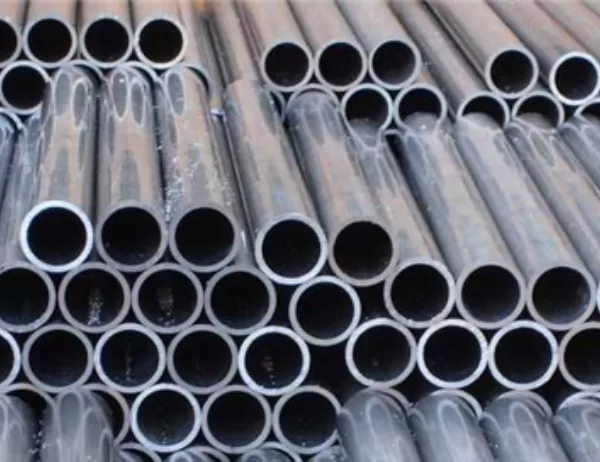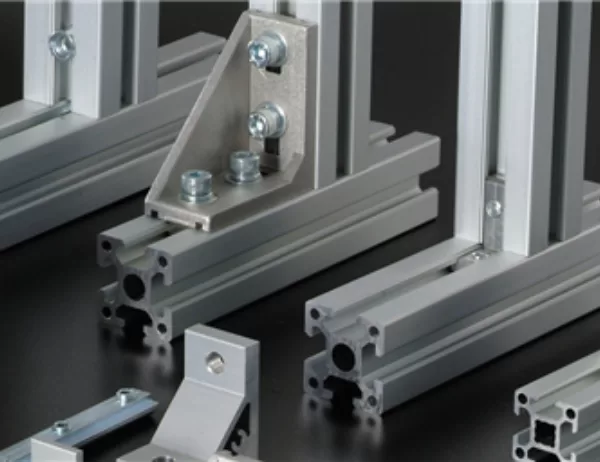In today’s fast-paced manufacturing environment, efficiency is paramount. Industrial aluminum profiles play a crucial role in enhancing efficiency, providing numerous advantages that streamline production processes and reduce costs.
Enhanced Precision and Repeatability
Industrial aluminum profiles offer exceptional dimensional accuracy, ensuring precise and consistent manufacturing operations. Their rigid structure minimizes deflection, enabling tighter tolerances and improved repeatability in assembly processes. By eliminating errors caused by variations in material dimensions, aluminum profiles contribute to higher product quality and reduced waste.
Lightweight and Durable
Aluminum profiles are lightweight yet strong, making them ideal for applications where weight reduction is critical without compromising durability. They can withstand heavy loads and harsh environments, reducing maintenance requirements and extending equipment lifespan. The lightweight nature of aluminum also facilitates easier handling and assembly, reducing labor costs and improving production flow.
Flexibility and Versatility
Industrial aluminum profiles are highly versatile, allowing for customization to meet specific manufacturing needs. They can be cut, bent, and formed into complex shapes, providing design flexibility and the ability to accommodate varying requirements. This versatility enables manufacturers to adapt their production lines quickly and efficiently, enhancing productivity and reducing downtime.
Corrosion Resistance and Longevity
Aluminum profiles are highly resistant to corrosion, which is a significant advantage in manufacturing environments where chemicals and moisture are present. This resistance extends their lifespan, reducing maintenance costs and ensuring long-term reliability. The durability of aluminum profiles also contributes to the overall durability of the manufacturing equipment, minimizing unplanned interruptions and maximizing production uptime.
Ease of Maintenance and Cleaning
Industrial aluminum profiles are easy to maintain and clean. Their smooth surfaces prevent dirt and debris from accumulating, reducing downtime for cleaning. Additionally, aluminum can be easily anodized or coated with protective finishes, further enhancing its resistance to wear and tear. This ease of maintenance contributes to increased efficiency and reduced operational costs.
Aluminum profiles are an environmentally friendly choice for manufacturers. They are recyclable and have a high scrap value, reducing waste and contributing to sustainable practices. The durability and long lifespan of aluminum profiles also minimize the need for frequent replacements, further reducing the environmental impact.
Conclusion
Industrial aluminum profiles offer a wide range of benefits that enhance efficiency in manufacturing. Their precision, durability, versatility, corrosion resistance, ease of maintenance, and environmental friendliness make them an indispensable material for streamlining production processes and reducing costs. By incorporating industrial aluminum profiles into their operations, manufacturers can optimize their productivity, minimize downtime, and achieve long-term success.




